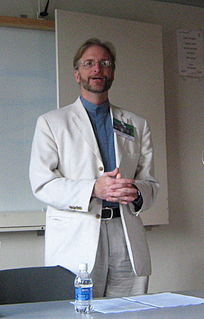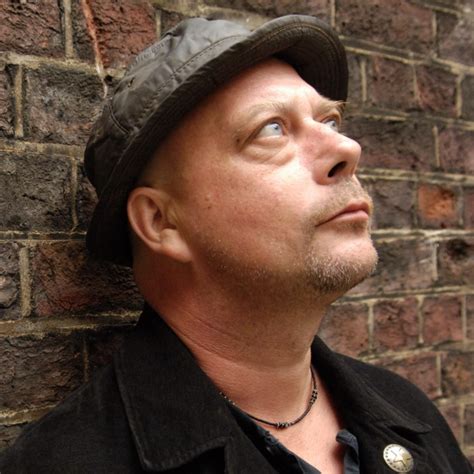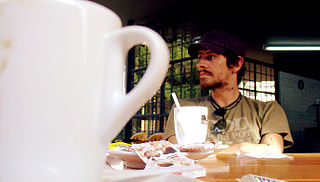Цитата Маргарет Мэйи
На написание романов уходит больше времени, чем на тексты книжек с картинками, и они действительно требуют другой концентрации. Тем не менее, очень короткая и простая история, которая хорошо работает, вызывает у меня такое же волнение, как и любая более длинная и сложная книга.
Связанные цитаты
Процесс написания книги с картинками полностью отличается от процесса написания главы книги или романа. Во-первых, большинство моих книжек с картинками рифмуются. Кроме того, когда я пишу книжку с картинками, я всегда думаю о роли, которую картинки будут играть в повествовании истории. На написание книги с картинками у меня уходит несколько месяцев, а на написание романа уходит несколько лет.
Я преподавал в начальной школе и красил квартиры десять лет. Теперь я пишу полный рабочий день, и мне никогда не приходится менять то, что я пишу. Каждая книга приходит ко мне во вспышке вдохновения и занимает около двух секунд, чтобы закончить. Более длинные книги, такие как романы «Time Warp Trio», пишутся немного дольше — около четырех секунд.
Я преподавал в начальной школе и красил квартиры десять лет. Теперь я пишу полный рабочий день, и мне никогда не приходится менять то, что я пишу. Каждая книга приходит ко мне во вспышке вдохновения и занимает около двух секунд, чтобы закончить. Более длинные книги, такие как романы Time Warp Trio, пишутся немного дольше — около четырех секунд.
Я полагаю, что первый набросок книги — даже длинной — должен занять не более трех месяцев… Еще немного, и — по крайней мере для меня — история начинает приобретать странный иностранный оттенок, как депеша из румынского Департамента по связям с общественностью или что-то, что транслировалось на коротких волнах в период сильной активности солнечных пятен.
Я начал писать, потому что хотел писать сценарии, но у меня это не очень хорошо получалось. Затем я начал писать короткие рассказы, что-то вроде обработки сценариев для фильмов, и обнаружил, что мне нравится писать короткие рассказы гораздо больше, чем писать сценарии для фильмов. Потом рассказы становились все длиннее и длиннее, и вдруг у меня появились романы.
Я начал писать книгу, не осознавая, что пишу книгу. Звучит глупо, но это правда. Я пытался сделать другую рукопись, но безуспешно, и я думал, что просто взял перерыв, написав несколько коротких рассказов. Я не очень хорошо пишу короткие рассказы — мне нелегко дается удивительное сжатие, необходимое для коротких рассказов. Но в любом случае, я решил попробовать написать несколько коротких рассказов. И структура оформилась — я наткнулся на нее.
Произведения искусства не столько закончены, сколько заброшены. Возможно, стихи могут быть совершенными. Короткий рассказ может даже быть совершенным, столь же эффективным и приятным для одного читателя, как и для другого. Но романы и другие повествования длиной в книгу — это отличные бессвязные вещи, которые всегда содержат некоторые недостатки. Для работ любой продолжительности наступает момент, когда ваша дальнейшая переделка не улучшит целое, а просто заменит один набор проблем другим.
Мне дали возможность написать такую книгу, которую я хотел написать, а не ту, в которой перечислялось бы, где я пел, что я пел и что носил. Я хотел написать книгу об американской семье, семье, которая произвела меня на свет. Чем дольше я живу, тем больше я понимаю, какую невероятную поддержку и любовь мы получали в детстве.
Для меня хорошая книга — это тихий друг — друг, который рад поделиться с вами мыслями и чувствами, который всегда рядом, когда вы в нем нуждаетесь. Лучше всего то, что у этого друга нет никаких секретов. Они верят, что вы их понимаете. Они ведут вас в свои самые сокровенные места. Они делятся своими ощущениями и эмоциями — и позволяют вам испытать их. Куда бы вы ни пошли и что бы вы ни чувствовали, они всегда рядом с вами. На час, день, неделю или навсегда их жизнь становится вашей. Их история — ваша история. Вот такую книгу я пытаюсь написать.
Слишком многие писатели думают, что все, что вам нужно делать, это хорошо писать, но это только часть того, чем является хорошая книга. Прежде всего, хорошая книга рассказывает хорошую историю. Сначала сосредоточьтесь на истории. Спросите себя: «Найдут ли другие люди эту историю настолько интересной, что расскажут о ней другим?» Помните: книга-бестселлер обычно следует простому правилу: «Это замечательная история, чудесно рассказанная»; а не «Это чудесно рассказанная история».
Есть много читателей книги, которые ничего не знают об авторах и художниках. Там больше одного автора. Не имеет значения, если вы не можете заставить читателя погрузиться в историю и окружить его этой средой и этими персонажами. Это опыт, который длится дольше, чем выяснение того, кто что сделал. Я думаю, это то, что делает наши рабочие отношения лучше, помогает нам сделать книгу уникальной и не похожей на разные голоса.
Христиане создали праздник, который превратился в зверя, которого невозможно накормить. Рождество становится все длиннее, длиннее и длиннее, и тебе все равно, не так ли? Вы просто берете все больше и больше календаря для себя. Это невероятно. Сколько времени вам нужно, чтобы делать покупки? Это невероятно. Это безумие. Когда я был ребенком, Хэллоуин был Хэллоуином, и Санта не совал в него свою задницу.

































